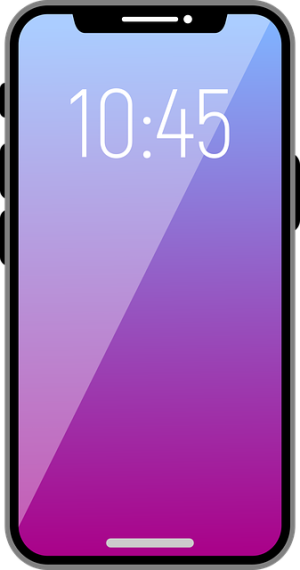Myrtle Beach residents in South Carolina face increasing spam text attacks from sophisticated spammers. Recognize red flags like unknown senders and urgent requests to protect privacy. Block suspicious numbers and use smartphone tools for spam protection. Keep software updated and form community watchgroups or workshops to enhance defenses against emerging spamming techniques.
Myrtle Beach residents, are you tired of unsolicited messages flooding your phone? Spam text is a prevalent issue in South Carolina, but there’s good news! This comprehensive guide equips you with the knowledge and tools to combat this nuisance. Learn how to identify suspicious texts, block them effectively, and contribute to community efforts for enhanced spam protection. Take control and reclaim your communication channels from unwanted intrusions.
Understanding Spam Text in South Carolina

In the digital age, everyone living in Myrtle Beach, South Carolina, is increasingly exposed to spam text. These unsolicited text messages often contain promotional content, scams, or phishing attempts designed to trick recipients into providing personal information. Understanding the nature and types of spam text is the first step towards effective prevention. Local residents need to be aware that spammers target not just major cities but also coastal destinations like Myrtle Beach, leveraging the same sophisticated techniques to invade privacy and pose security risks.
South Carolina residents should recognize various red flags, such as unknown senders, suspicious links, or urgent requests for personal data. By being vigilant and adopting simple precautions—like ignoring unsolicited messages, blocking numbers, and not interacting with unknown sources—Myrtle Beach folks can significantly reduce their risk of becoming victims of spam text attacks.
How to Identify and Block Unwanted Messages

Recognizing and stopping spam text in South Carolina is a vital step in protecting your privacy and peace of mind. These messages, often promoting products or services, can be persistent and annoying. One of the first lines of defense is to scrutinize the sender’s information. Look for unknown or suspicious phone numbers, as legitimate businesses typically have traceable contact details. Block any numbers immediately if they’re not recognized to prevent further unwanted communication.
Additionally, many modern smartphones offer built-in tools to combat spam text. Check your device settings for options like “Block Calls” or “Spam Protection.” These features learn from your actions and automatically filter out suspicious messages. Keeping your operating system and security software up to date is also crucial as it ensures you have the latest defenses against emerging spamming techniques.
Community Actions for Enhanced Protection

Myrtle Beach residents can collectively enhance their protection against spam text messages by taking proactive community actions. Encouraging open communication and awareness among neighbors is a powerful tool in combating spamming activities. One effective strategy is to establish a local watchgroup, where residents can share information about suspicious text patterns, unknown senders, or any unusual activity. This collaborative effort enables quicker identification of potential spam sources and allows for more targeted responses.
Additionally, local community centers or government bodies can organize educational workshops to teach residents about the latest spamming techniques and how to protect their personal information. By staying informed, Myrtle Beach residents can better navigate the challenges posed by spam text messages in South Carolina, ensuring a safer digital environment for all.






